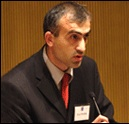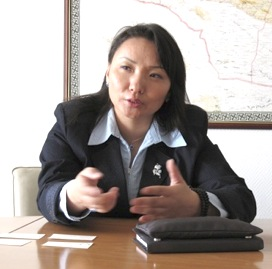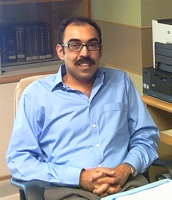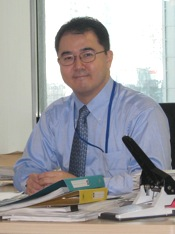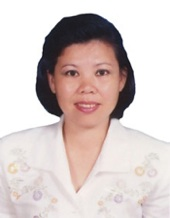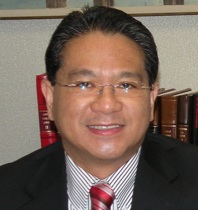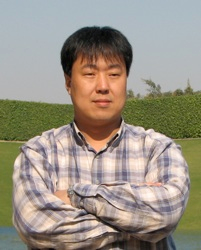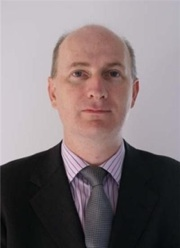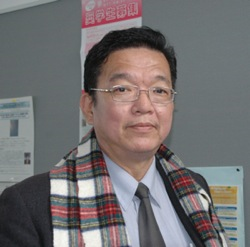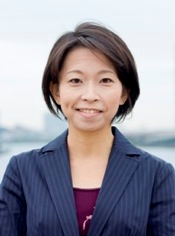Zaza Chelidza, Georgia (PF ’03); Deputy Minister, Ministry of Finance
Zaza completed the Master of Public Finance Program at GRIPS in 2003. In addition, to the required subjects of public finance, macroeconomics, and international taxation at GRIPS, Zaza completed a nine-month practicum at the National Tax Administration of Japan. Prior to entering the workforce, Zaza obtained a degree in Economics from the Tblisi State University. Zaza started his working career at the Committee on Economic Policy of the Parliament of Georgia in 1997. He moved on to become State Advisor at the Office of Finance and Budget under the President of Georgia in 2001 and held various positions at the State United Social Security Fund of Georgia, the Anticorruption Bureau, and Financial Monitoring Service respectively, before being appointed as Deputy Minister of Economic Development in March 2005. In that capacity he was actively involved in Georgia’s economic policy-making process. He supervised the Department of Economic Policy, the body responsible for making economic policy, conducting macroeconomic policy analysis, planning and forecasting, and addressing fiscal and monetary policy tasks. After his resignation as Deputy Minister in November 2006, he worked as Manager of the Business and Economic Centre at the Parliament and then as consultant for the 3 Year (2009-2011) Strategic Plan of Institutional Development of the Ministry of Finance and Economics of the Autonomous Republic of Adjara. Zaza joined the Ministry of Finance of Georgia in July 2009 as Chief Adviser to the Minister, and was appointed Deputy Minister in August ‘09





